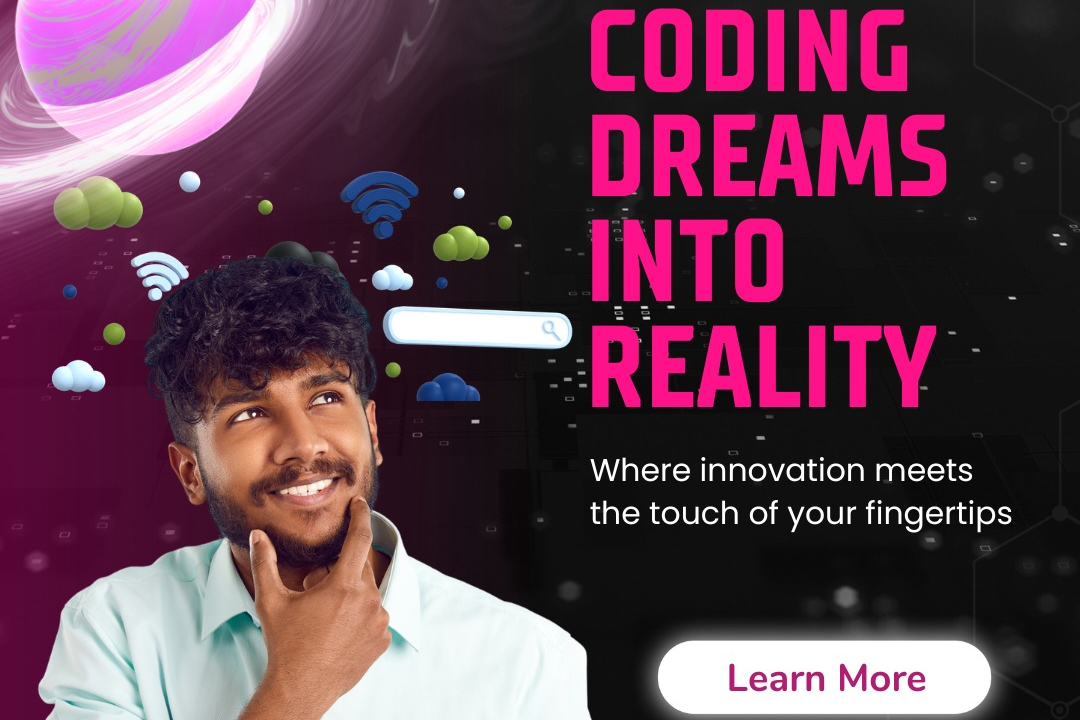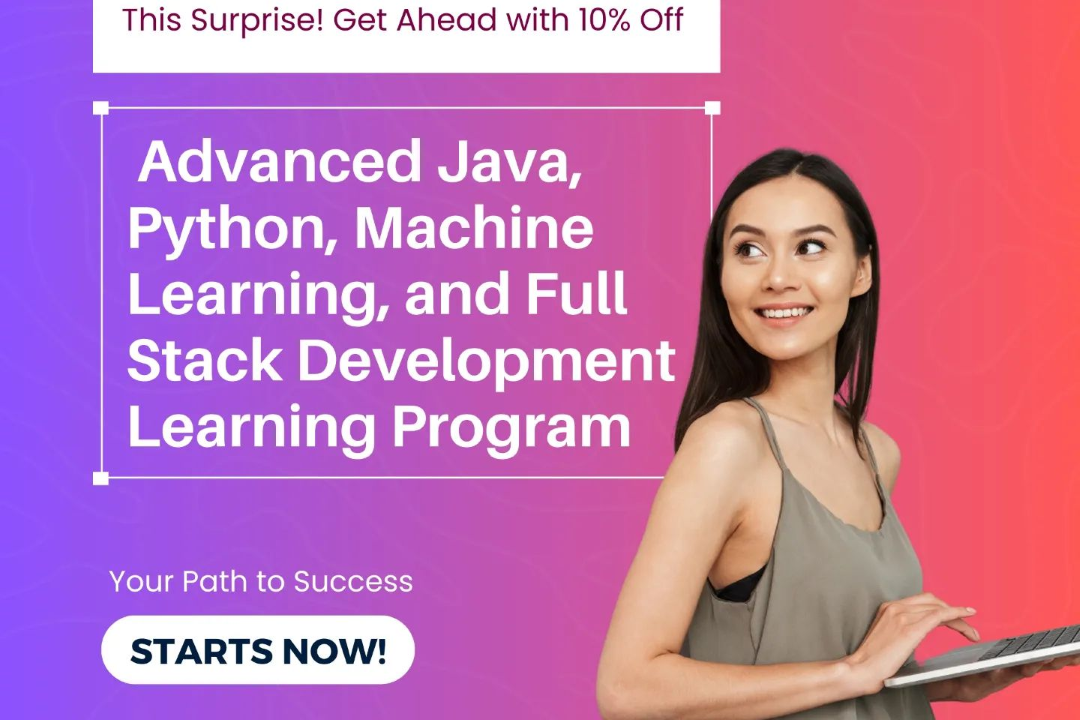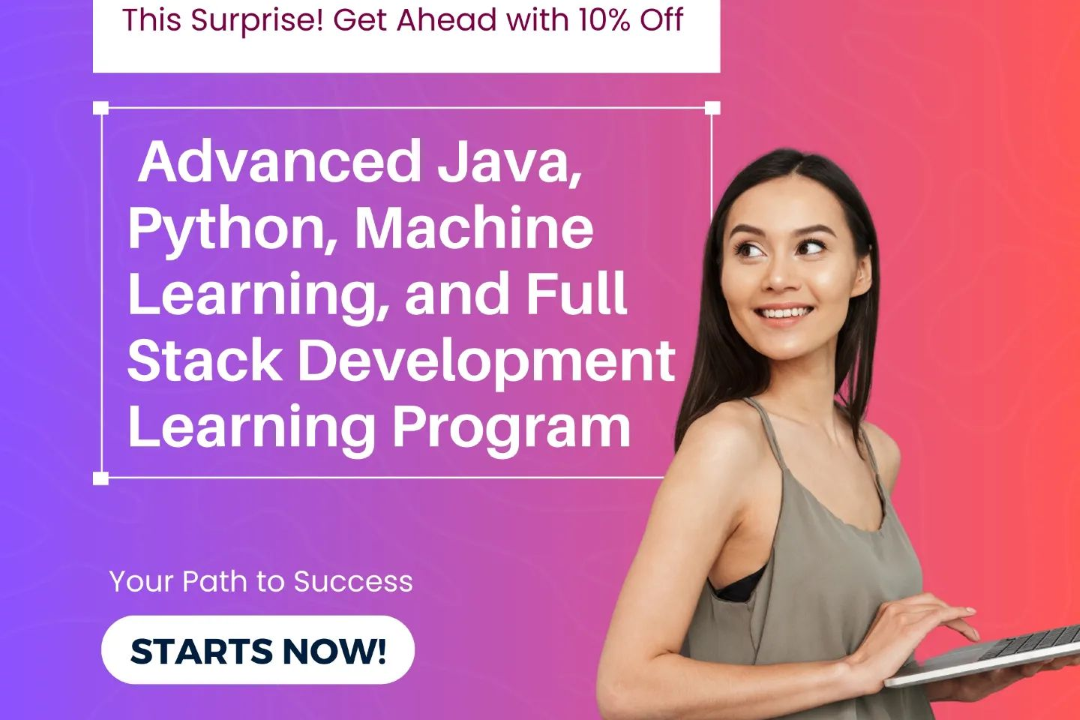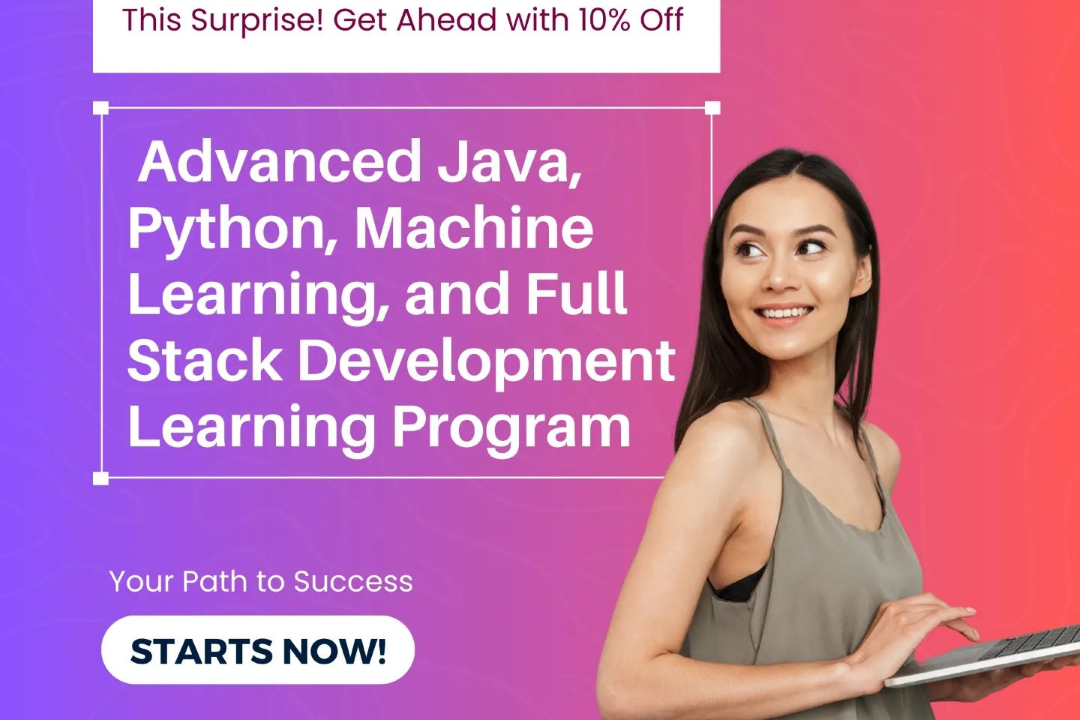Flutter Best Practices
Flutter best practices encompass a set of guidelines and techniques aimed at optimizing mobile app d
Flutter Best Practices
Flutter best practices are essential for developers seeking to create high-quality mobile applications efficiently and sustainably. By adhering to these guidelines, developers can ensure cleaner code, improved app performance, and enhanced maintainability, which are crucial for scaling projects over time. Best practices encompass organized project structures, effective state management, and a focus on user experience, leading to smoother development processes and better collaboration among team members. Ultimately, implementing these best practices not only streamlines the development workflow but also results in more robust and efficient applications, providing a significant advantage in today’s competitive app market.
To Download Our Brochure: Download
Message us for more information: Click Here
Flutter best practices are essential for developers seeking to create high quality mobile applications efficiently and sustainably. By adhering to these guidelines, developers can ensure cleaner code, improved app performance, and enhanced maintainability, which are crucial for scaling projects over time. Best practices encompass organized project structures, effective state management, and a focus on user experience, leading to smoother development processes and better collaboration among team members. Ultimately, implementing these best practices not only streamlines the development workflow but also results in more robust and efficient applications, providing a significant advantage in today’s competitive app market.
Course Overview
The “Flutter Best Practices” course at JustAcademy is designed to equip developers with essential knowledge and skills to build high-quality mobile applications using Flutter. This course covers critical aspects such as code organization, state management techniques, performance optimization, and user interface design principles. Participants will engage with real-time projects that emphasize industry-standard practices, enabling them to adopt effective development workflows while enhancing application maintainability and user experience. By the end of the course, learners will be proficient in leveraging Flutter's capabilities to create robust and scalable applications that stand out in the competitive mobile app landscape.
Course Description
The “Flutter Best Practices” course at JustAcademy is meticulously crafted for developers seeking to enhance their skills in building efficient and maintainable mobile applications using the Flutter framework. This course delves into essential topics such as effective code organization, state management strategies, optimization techniques, and responsive UI design. Through engaging real-time projects, participants will apply industry best practices to create high-quality applications, ensuring a streamlined development process and a superior user experience. By the end of the course, learners will possess the expertise to implement best practices that elevate their Flutter applications in a competitive market.
Key Features
1 - Comprehensive Tool Coverage: Provides hands-on training with a range of industry-standard testing tools, including Selenium, JIRA, LoadRunner, and TestRail.
2) Practical Exercises: Features real-world exercises and case studies to apply tools in various testing scenarios.
3) Interactive Learning: Includes interactive sessions with industry experts for personalized feedback and guidance.
4) Detailed Tutorials: Offers extensive tutorials and documentation on tool functionalities and best practices.
5) Advanced Techniques: Covers both fundamental and advanced techniques for using testing tools effectively.
6) Data Visualization: Integrates tools for visualizing test metrics and results, enhancing data interpretation and decision-making.
7) Tool Integration: Teaches how to integrate testing tools into the software development lifecycle for streamlined workflows.
8) Project-Based Learning: Focuses on project-based learning to build practical skills and create a portfolio of completed tasks.
9) Career Support: Provides resources and support for applying learned skills to real-world job scenarios, including resume building and interview preparation.
10) Up-to-Date Content: Ensures that course materials reflect the latest industry standards and tool updates.
Benefits of taking our course
Functional Tools
1 - Flutter SDK
The Flutter Software Development Kit (SDK) is the core tool used to build applications in Flutter. It includes the Flutter framework, Dart programming language, and essential command line tools to create, compile, and debug apps. Students will learn how to install and set up the Flutter SDK on different platforms, ensuring they can streamline their development process and utilize various libraries and packages efficiently.
2) Dart Programming Language
Dart is the foundation of Flutter, and understanding its syntax and features is vital for Flutter developers. The course dives into key concepts of Dart, including its object oriented nature, asynchronous programming, and robust standard libraries. Mastery of Dart allows students to write clean and efficient code, which is essential for creating high performance applications using Flutter.
3) Visual Studio Code
Visual Studio Code (VS Code) is a lightweight yet powerful code editor favored by developers using Flutter. The course instructs students on how to utilize various extensions, such as the Dart and Flutter extensions, to enhance productivity. Features like IntelliSense, debugging tools, and integrated terminal allow for a seamless coding experience, making it easier to manage projects effectively.
4) Android Studio
As another popular Integrated Development Environment (IDE), Android Studio provides essential tools for building Flutter applications. The course covers how to create and manage Flutter projects within Android Studio, taking advantage of its built in emulators, performance profiling tools, and design editors. This environment is particularly beneficial for those looking to target Android devices specifically while developing with Flutter.
5) Flutter DevTools
Flutter DevTools is a suite of performance and debugging tools designed for Flutter applications. Students will learn how to utilize DevTools to inspect layout and performance issues, analyze widget trees, and monitor network requests. This tool provides deep insights into an application’s functioning, enabling students to optimize their code and enhance user experiences effectively.
6) Firebase
Firebase is a powerful backend as a service platform that integrates smoothly with Flutter applications, offering various features such as authentication, real time databases, and cloud storage. The course introduces students to Firebase's capabilities, demonstrating how to implement user authentication and manage databases. Familiarity with Firebase equips students with the tools needed to build scalable, serverless applications effectively.
7) State Management
Understanding state management is crucial for Flutter developers to create dynamic and responsive applications. This course explores various state management techniques, including Provider, Riverpod, BLoC, and GetX. Students will learn how to implement these patterns to manage app state effectively, ensuring data consistency and enhancing application performance while reducing complexity.
8) Widgets and UI Design
Flutter’s widget centric architecture allows developers to build beautiful user interfaces with ease. The course will cover the fundamental widgets provided by Flutter, as well as how to create custom widgets. Students will learn about layout design principles, responsive design techniques, and accessibility considerations, enabling them to build visually appealing and user friendly applications.
9) Networking and APIs
Integrating RESTful APIs and managing network calls are vital in developing real world applications. This course teaches students how to make HTTP requests, handle JSON data, and work with various APIs in Flutter. Understanding these concepts equips them to fetch, display, and manipulate data from remote sources, which is essential for modern app development.
10) Testing and Debugging
Quality assurance is a key aspect of software development. This course focuses on testing strategies in Flutter, including unit tests, widget tests, and integration tests. Students will learn essential debugging techniques using Flutter's debugging tools, ensuring they can identify and resolve issues efficiently, leading to more stable and robust applications.
11 - Deployment and Release Management
Preparing a Flutter app for release involves multiple steps, from building the application to preparing for app store submission. This course provides insights on how to compile applications for iOS and Android, manage build configurations, and navigate app store guidelines. Students will gain essential skills to successfully publish and maintain their apps in relevant marketplaces.
12) Animation and Graphics
Flutter provides a rich set of animation frameworks to enhance user engagement. This course delves into creating smooth animations and transitions, using built in animation libraries like physics based animations and custom animations. Students will explore how to add visual appeal to their applications, creating immersive and interactive user experiences.
13) Internationalization and Localization
Building applications that cater to a global audience requires an understanding of internationalization (i18n) and localization (l10n). This course covers strategies for making Flutter apps available in multiple languages and adapting content to different cultural contexts. Students will learn how to manage translations and format dates/numbers according to the user's locale.
14) Third Party Packages and Plugins
Flutter's ecosystem includes a rich collection of third party packages and plugins that can speed up the development process. This course emphasizes how to find, implement, and customize these resources effectively. Students will learn to leverage GitHub and the Pub.dev repository, ensuring they can harness existing solutions to enhance their applications.
15) Real Time Projects
Putting theory into practice is essential for solidifying knowledge. The course includes real time projects where students will apply what they've learned to build fully functional applications from scratch. This hands on experience not only reinforces their skills but also provides portfolio worthy projects to showcase to potential employers, demonstrating their capabilities in Flutter development.
Browse our course links : Click Here
To Join our FREE DEMO Session:
This information is sourced from JustAcademy
Contact Info:
Roshan Chaturvedi
Message us on Whatsapp: Click Here
Email id: Click Here










